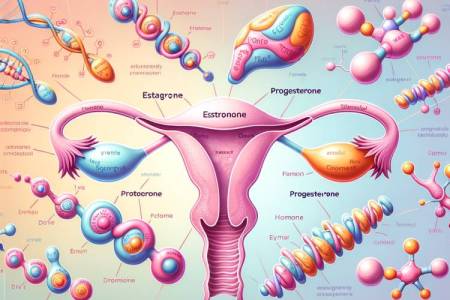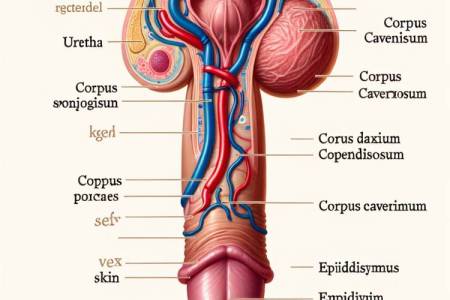How to Protect Yourself from Sexually Transmitted Diseases: Specific Tips and Advice
Dear readers,
When we think of love and intimacy, we often imagine romantic moments and the closeness we share with our partners. Unfortunately, the reality of the modern world brings some downsides to these beautiful moments—sexually transmitted diseases (STDs). We are often afraid to talk about them, but it’s essential to taking care of our health and well-being.
I remember one day when my best friend called me, her voice shaky and full of concern. "I think I have a problem," she began. That day, she confided that her doctor had diagnosed her with chlamydia. She was shocked and couldn't understand how it could have happened. After all, she used condoms and took care to stay safe. Her story opened my eyes and made me more interested in STD prevention.
Condoms – Your Best Friend!
Using condoms remains one of the most effective ways to protect yourself from STDs. Condoms create a physical barrier that prevents the transmission of infections such as chlamydia, gonorrhoea, or HIV. It’s not just about protecting against unwanted pregnancies but, most importantly, protecting your health.
Tip: Always carry condoms with you, so you’re prepared for any situation. And remember to store them properly—heat and light aren’t good for them.
Communication with Your Partner
Talking about sexual health with your partner can be uncomfortable, but it's necessary. Open and honest communication can prevent many problems. Ask your partner about their sexual history and when they were last tested for STDs. It may sound strange, but trust and safety should come first.
I had a partner who was very open and honest about his past relationships and tests. His honesty reassured me, and our relationship was much stronger. Don’t be afraid to ask, but also be willing to share your own sexual history so your partner knows you are open and trustworthy.
Regular Testing
Regular testing for STDs is essential, especially if you have multiple partners or are in a relationship with someone sexually active outside your relationship. Diseases like HIV or syphilis may not show immediate symptoms, but they can cause serious health problems if not detected early.
Tip: Make testing a routine. Many clinics offer anonymous and free tests, so there’s no reason not to do it.
Education
Knowledge and awareness are the foundations of prevention. Learn to recognize the symptoms of common STDs and find out how they are transmitted. Remember, the more you know, the better you can protect yourself and care for your health and that of your partners.
We recommend using reliable sources, such as healthcare organizations, professional publications, or, best of all, consulting with a doctor. However, don’t believe everything you read on the internet or hear from friends.
Vaccination
Some STDs can be prevented by vaccination. Today, vaccines are available that can significantly reduce the risk of infection and subsequent serious health complications. Let’s take a closer look at two key vaccines that can help protect your health:
- HPV Vaccine (human papillomavirus) can significantly reduce the risk of certain types of cancer and genital warts. HPV is one of the most common STDs, leading to cervical cancer, genital warts, and other cancers, including rectal cancer. Vaccination is recommended for girls and boys aged 11-12, ideally before they become sexually active. The vaccine is also approved for adults up to the age of 45. If you haven't been vaccinated yet, consult your doctor.
- Hepatitis B Vaccine: Hepatitis B is a serious viral infection that affects the liver and can lead to chronic diseases like cirrhosis or liver cancer. Vaccination for Hepatitis B is mandatory in nine European countries (Bulgaria, Croatia, Czech Republic, France, Hungary, Italy, Latvia, Poland, and Slovakia). However, if you weren’t vaccinated as a child, you can get vaccinated at any time as an adult, especially if you belong to a high-risk group (such as healthcare workers or people with multiple sexual partners).
Consult your doctor about the possibility of vaccination, especially if you are young or have a risky lifestyle.
STDs are an unpleasant topic, but it’s important to talk about them and know how to protect yourself. We live in a world where health is our most valuable asset, and we should cherish it. Just as I learned from my friend’s story, I believe you will find the strength and courage to protect yourself and your loved ones.
Be cautious, dear readers, and remember—love is beautiful when it’s safe.

 Tongue Tornado
Tongue Tornado 














Comments (0)
Facebook Comments (0)